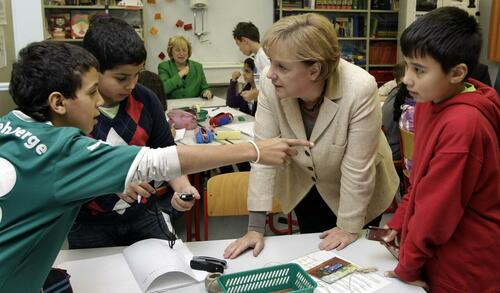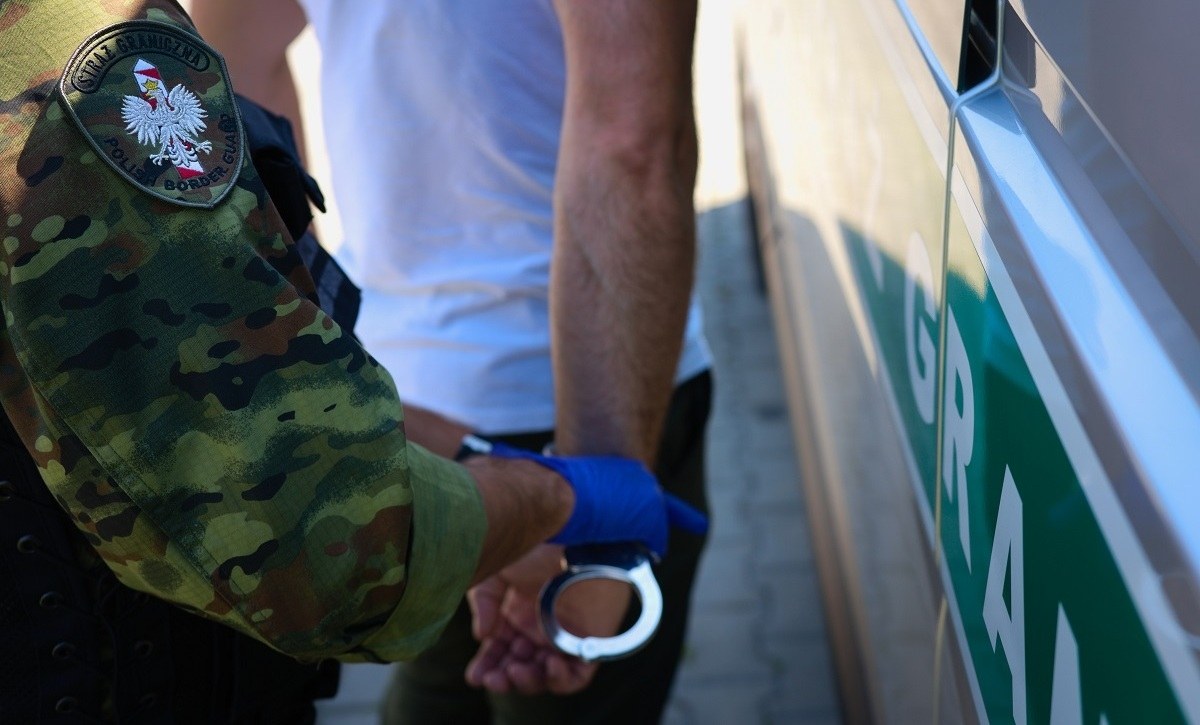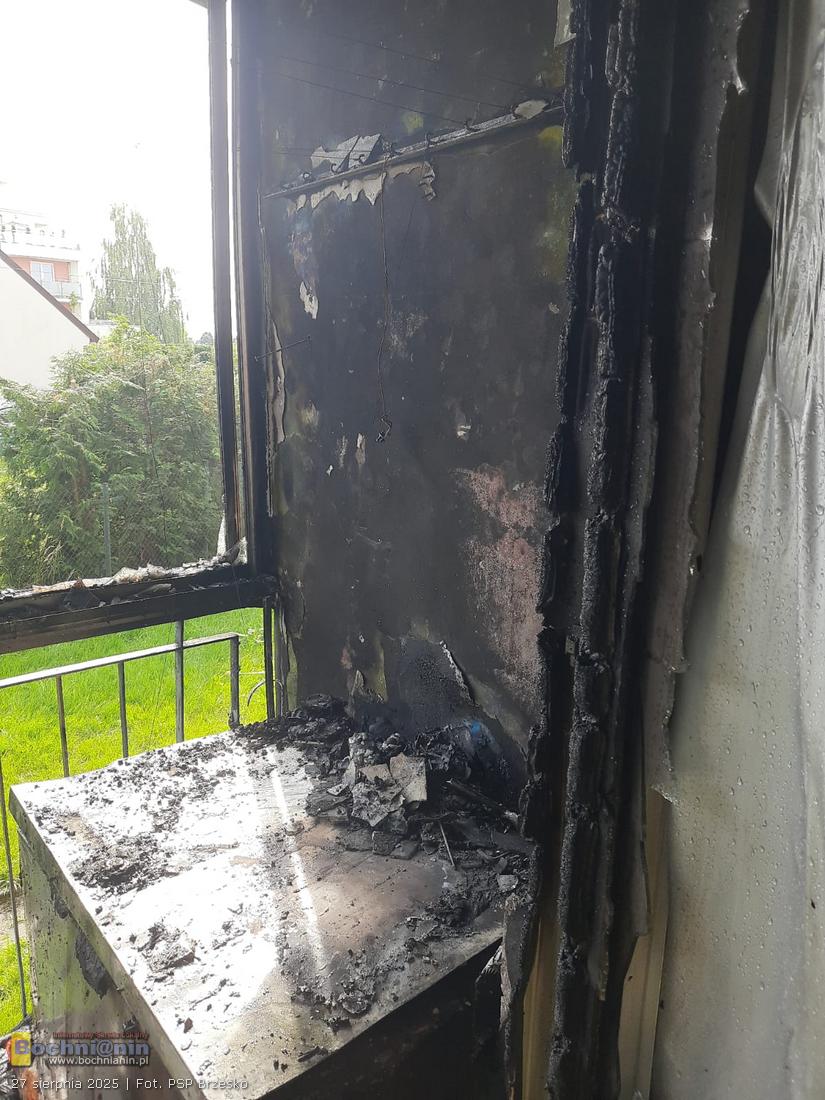
German Schools 'Dealing With Hell’ Due To Mass Migration
Via Remix News,
German schools are dealing with “hell.”
That’s the conclusion reached by Die Welt newspaper, as cited by Hungarian outlet Mandiner.
Based on numerous case studies, it is clear that “far too many children are being sent to school who can barely concentrate and, above all, who do not speak German.”

Families, children, and teachers are suffering the consequences of the bad policies from politicians. In short, they “have failed.” One major issue is the death of the German language itself, across Germany.
In the Hemshof district of Ludwigshafen, for example, barely a word of German is heard. The students in the district’s Gräfenau elementary school are 98 percent migrants.
Welt indicates that plenty of Asian, African, and Slavic languages present, but as Germany has become a nation of migrants, the German language recedes.
“Italian, Greek, Turkish guest workers since the 1960s, and since 2015, the rest of the world,” Die Welt writes about the progression of immigration waves in the country.
The school principal in the Hemshof district, Barbara Mächtle, has been vocal about the issues.
For example, some 40 first-year students, a third of the year, may not be ready to enter the second grade. According to the newspaper, Mächtle “knows the tricks to cover this up, but he doesn’t use them.” For example, these children are enrolled in the second grade, but then “voluntarily drop out” on the first day of school. Machete refuses to play these games and will force these students to repeat the grade – “not to punish them, but to save them.”
Mächtle also dispels the illusion that being surrounded by German, migrant kids will “absorb it on their own.” She says there is no “language immersion” because children “hear everything except German.”
“No child here is swimming in German waters, they remain in their Arab, Turkish, Afghan pools,” and “at best they develop a basic slang, a German of 50-100 words, which is enough for the street and the schoolyard, but not for a profession that can be understood even partially,” Welt reports.
And then there is the violence inflicting schools, which the paper calls a widespread fire, not just here or there. In 2024, the authorities registered 35,570 school violence incidents, an average of 97 per day; 743 of these involved a knife. Students also express their religion, Islam, “aggressively” in the classroom. As Remix News has reported, 40 percent of all violent crime in the German school system is from foreigners. In addition, many of the German students have a foreign background.
This has created a situation where teachers are expected to be social workers first, taking immense time away from their actual work as teachers. With these students, the parents are not doing their jobs in preparing children to behave properly in the classroom.
It is no wonder teachers are leaving the field, and many are discouraged from entering, which is yet another major issue: a massive teacher shortage.
In Germany, it is no longer possible to provide the current student population with trained teachers. In the countryside, people are not applying for teaching jobs, and in the cities, teachers cannot afford to pay the rent, so many people apply for teaching positions immediately after graduating, only to quickly fail.
“In the past 20 years, fourth-grade maths assignments were often purely text-based. Today, books are full of pictures to make understanding possible at all,” bemoans Andreas Baudisch, the principal of the Humboldt primary school in Mannheim.
“Basic operations are a great deal of work for many children. Many cannot formulate a complete sentence,” says the principal. There are some bright spots. Children from Indian families learn German better in four months than those born here because ‘they practice at home, they are interested in it,’ and this is something that is lacking in many other people who are second or third generation Germans living here.”
Die Welt warns that no so long ago, these issues could only be found in troubled neighborhoods of Berlin, a situation that “horrified” people in the rest of the country.
“That’s over, Berlin is everywhere,” the paper writes.
Read more here…
Tyler Durden
Wed, 08/27/2025 – 02:00















